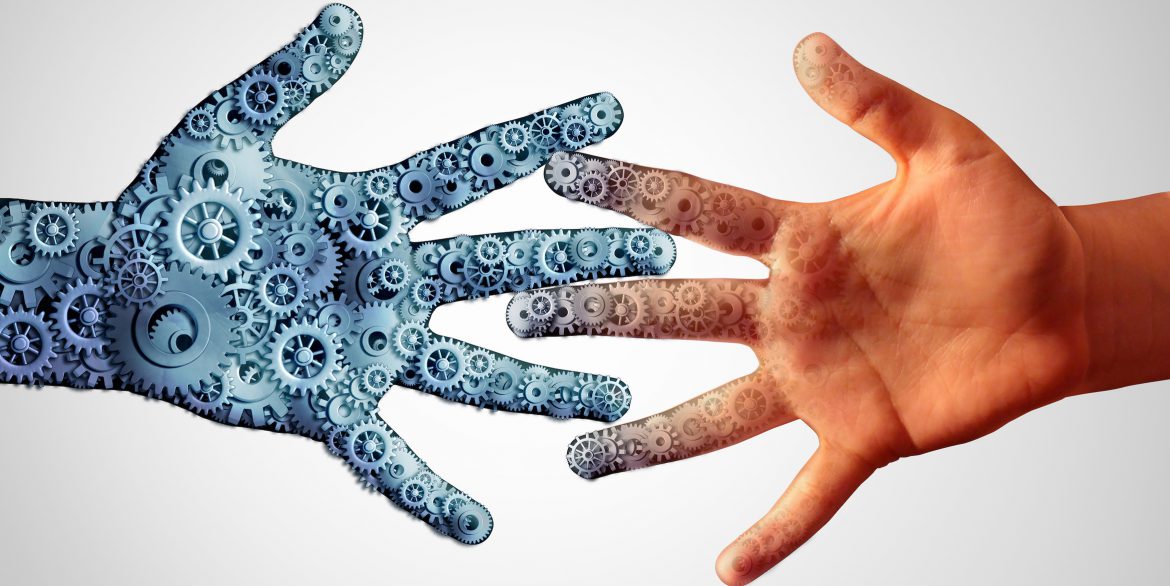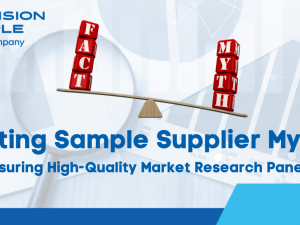
Microsoft Word does not Make you a Poet
Having access to Microsoft Word doesn’t make you a poet. In a similar way, having access to automated technology is not the sole ingredient to running a fully effective sampling company.
As we get closer to living in a world where innovations such as driverless cars are the norm, it’s no wonder why automation is such a point of interest for innovative market research companies. While I was a student of the Master of Science in Marketing Research Program at Michigan State University, many of my peers in other areas of study felt the need to inform me that the career I was working toward would soon be replaced by artificial intelligence. They said chatbots and big data would offer a more cost effective, and less prone to bias alternative to human-compiled research.
It was difficult to argue that there wouldn’t be additional migration toward automation. As an undergraduate studying marketing, I performed painstaking tasks by hand that I later learned in graduate school could be done in a matter of seconds on programs such as SPSS. This blog isn’t meant to be a cry for help, an advertisement for SPSS (unless they would like to purchase some “product placement”), or a hero’s story about how I proved all my peers wrong. My intention is to discuss where the industry is headed, and as a market researcher, analyze human behavior as it relates to these new forms of technology. And luckily for me, what I’ve learned is that big data is great for answering the “what” of human behavior but not the “why’s” behind the behavior.
As I entered the workforce, I knew that Precision Sample had automated significant parts of the sampling process. What I didn’t expect was the high degree to which automation and human touch are integrated in every project from conception to delivery. We have technology that allows our clients to purchase sample programmatically, help us identify how many respondents we can deliver for a given study, and automation to field client surveys. But at the same time, we see that clients request from their sample provider consistent communication and ongoing adjustments throughout the fielding.
Our clients demand that we have someone attentive to the success of the project at every step of the process and that we’re doing everything in our ability to ensure its success. This means that account management at the most traditional level remains very human-driven, and it will likely be the element in our industry that proves the most resistant to automation. This is why Precision Sample employs a hybrid methodology for fielding surveys for its programmatic clients where automation is augmented with human touch and management to ensure a project’s success. Is a combination of automation and human touch the key to a company’s success? Or is it just a matter of time before artificial intelligence streamlines the entirety of our industry?
Please let us know your thoughts and comment below!
Featured image courtesy of https://sig.org/automation-and-human-touch













